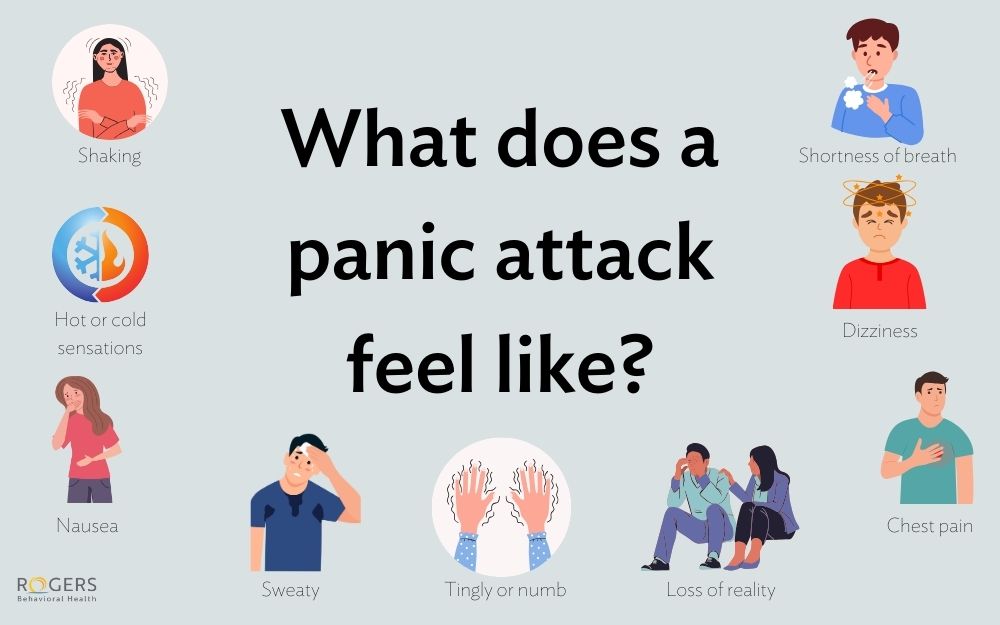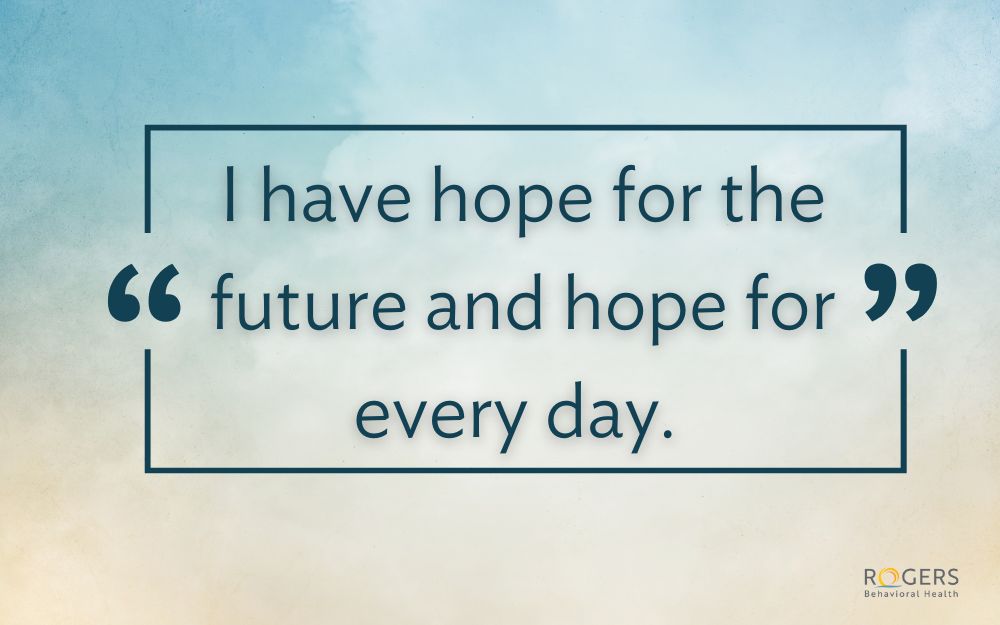Eating disorder treatment helped make college experience a reality
Posted on 03/26/12 10:34:amAt 15 years old, Erika* thought she had found a great way to lose weight over the summer and stay healthy. At first, she received compliments on how she looked and how active she had become. But eventually, her friends knew something wasn’t right.
“They noticed that I was throwing away my lunch. They noticed that I was distracted, isolated, that I walked around during lunch,” said Erika. Her friends tried to drop hints that the way she had been eating and been taking care of herself was, in fact, an eating disorder.
Excuses and avoidance no longer worked
When hinting didn’t work, they contacted Erika’s parents who were also noticing a change in their daughter’s behavior. As Erika recalls, her attempts to avoid her family and friends, were due to her not wanting to explain another missed meal. “I would leave the house early and stay at the gym late so I could skip meal time with my family. They didn’t understand eating disorders. When they were young it wasn’t talked about. They truly didn’t know what to do,” said Erika. “But, the excuses weren’t holding any water.” After learning more, Erika’s parents took her to a local hospital for evaluation, where she was diagnosed with anorexia and referred to Rogers for treatment.
Today, Erika is a college student who is grateful her friends were able to reach out to her parents and share their concerns. Erika started her treatment in Rogers’ partial hospitalization program which allowed her to attend her high school classes in the morning, and treatment in the afternoon. “It really worked out well. My school counselor had worked with eating disorder programs before so they were able to shift my classes around so I could go to treatment,” said Erika. “Every week we had a family session. I would be home for breakfast and eat with my family.” Erika said that having her family included with the treatment went a long way in helping everybody in the family understand eating disorders and the best ways to address disordered behaviors.
“You can get through it”
She says she remembers how hard it was for her to be in treatment at first, but then got to know the other teens in the program. “I was shocked at the similarities we had. It was helpful to have someone who’s sixteen and in high school who could tell me that they got past it and ‘look at me now.’ At first I didn’t believe them. The healthier I got, the more insight I gained. As you progress through treatment it’s easier to talk to people coming into the program. It makes a difference to hear from someone who’s been there ‘I know it sucks now, but you can get through it.’”
Erika came to understand that she had been missing out on the typical experiences of a teenager because of her eating disorder. “I’m realizing the silly times I could be having. Treatment boosted my self-esteem, and kept me thinking of things I would have to give up if I returned to my eating disorder.”
Two years later, as a senior, Erika was applying for colleges and the stress of thinking about being away from everyone took a toll on her recovery. Realizing that she needed additional support, she returned to Rogers’ partial hospitalization program. “It was a little embarrassing to go through the same process with the school again,” Erika admitted, “That was my main motivation – I don’t want to go through this again.”
“I’m loving life”
Now, at 21, Erika is excited to talk about life in college and her plans for the future. “I’m loving life. It’s exciting to say I beat this,” she said. “I’m very happy right now. I spent a semester abroad, which was my first time away from home – ever. If I had been in my eating disorder, it would never have happened. I would have never met the friends I have now. A lot of the time we got to meet people was around meals. If I had been restricting it would have been hard to meet those friends.”
Erika is currently a psychology major, an interest she says she developed after her first admission. “After going to Rogers and seeing the therapists and social workers, I thought ‘Their job is pretty cool. They help people with their problems.’” Erika has already shared her experience with others on campus, through eating disorder awareness programs.
“College isn’t a very balanced time – you work hard during the week, party on the weekend. You have to find a balance that works for you. The most important thing is finding good friends. Find people you can talk to and be yourself with. These are the things that have made my college experience so wonderful,” Erika said. She also attends outpatient therapy to ensure she doesn’t return to her eating disorder.
She says if anybody were to ask her about treatment, she would let them know that it will be hard work – but worth it in the end. “It gets much better, you’ll be much happier,” she said. Erika also would like parents who are worried to know that it’s important to intervene early. “Your child is going to say they’re fine. Do something – even if it’s something little,” she said.
* name has been changed
How we can help
Learn more about how we treat eating disorders at Rogers Behavioral Health.
For admission information or a free screening, call 800-767-4411, or 414-327-3000, or submit an online screening request.
If you do not feel your child needs treatment right away, but may be concerned, we offer online quizzes to possibly provide some relief. While these quizzes do not provide a diagnosis, it could be the first step in finding the treatment you may need. Take our online Eating Disorder Quiz today.
Share this article:



